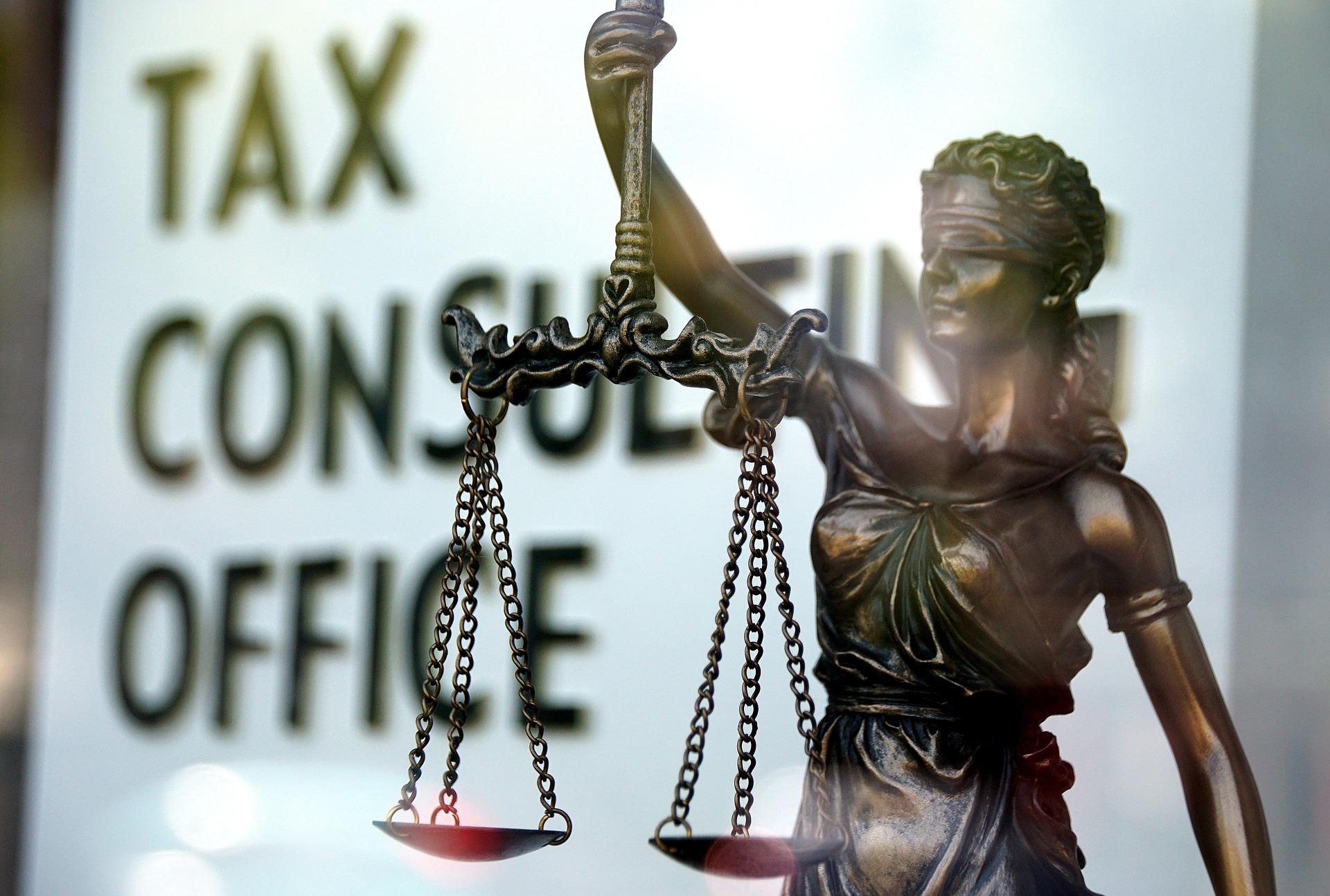Assessing the Ramifications of the Judicial Review Reform in the United Kingdom
The UK government's recent proposal to reform judicial review has elicited intense public debate. This article delves into the history, current updates, and implications of these proposed changes, providing a balanced and comprehensive analysis of this critical legal issue.

Tracing the Origins of Judicial Review in the UK
Judicial review, a fundamental component of the UK’s constitutional framework, traces its roots back to the 17th-century English common law. This process allows courts to scrutinize the legality of decisions made by public bodies, thereby ensuring accountability and adherence to the rule of law. Its historical significance lies in its role as a crucial check on governmental power, safeguarding individual rights and liberties.
The Proposal for Reform
In March 2021, the UK government announced a proposal to reform the current judicial review process. The Independent Review of Administrative Law (IRAL) panel, appointed by the government, recommended changes aiming to limit the power of courts to review government decisions. The government argues these reforms are necessary to prevent ‘overreach’ by the judiciary, ensuring a balance of powers between the executive and judicial branches.
Unpacking the Proposed Changes
The key proposed change is the introduction of ‘ouster clauses’. These provisions would potentially limit the judiciary’s ability to review certain governmental decisions, effectively immunizing them from legal challenge. Critics view this as an affront to the rule of law, arguing that it could undermine the judiciary’s ability to hold the government accountable.
Impact on Society and Legal Landscape
The potential implications of these reforms are profound. Critics argue that the changes could lead to unchecked governmental power, undermining the balance between the judiciary and the executive. On the other hand, proponents assert that the reforms could prevent judicial overreach, ensuring that policy decisions are made by elected officials rather than judges.
Balancing Power: A Crucial Debate
The debate surrounding judicial review reform in the UK underscores the delicate power balance within a democratic system. It raises crucial questions about the roles of the judiciary and the executive, the rule of law, and the protection of individual rights. As the discussion continues, it is clear that the outcome will have far-reaching implications for the UK’s legal and political landscape.
In conclusion, the proposed judicial review reform in the UK has ignited a critical debate on the balance of power and accountability within the government. As the nation grapples with these proposed changes, the importance of public understanding and engagement in these complex legal matters cannot be overstated. Through comprehensive understanding and informed dialogue, citizens can contribute to a balanced, fair, and democratic legal system.




